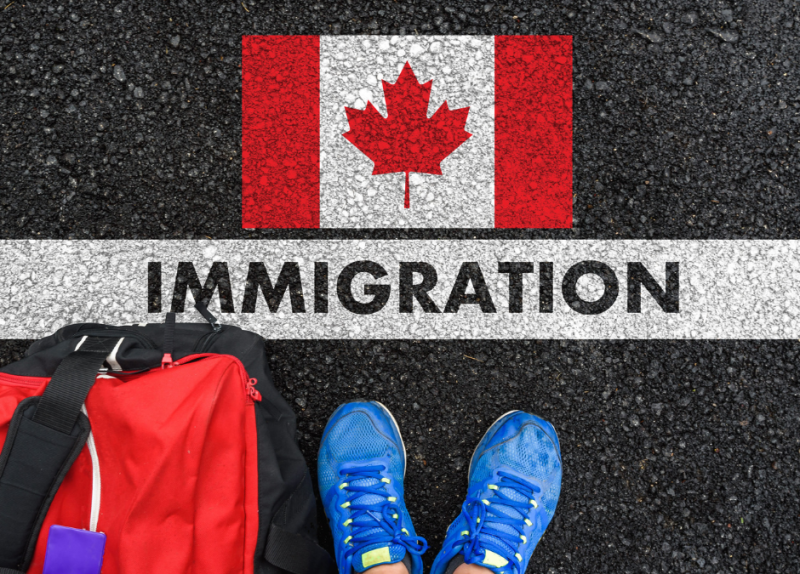Refugee Protection in Canada

Navigating the pathways to safety and new beginnings in Canada
In a world where displacement and persecution continue to uproot millions, the significance of comprehensive refugee protection cannot be overstated. Canada stands as a beacon of hope for those fleeing unimaginable circumstances, owing to its robust and compassionate refugee protection framework. As a signatory to the 1951 Geneva Convention Relating to the Status of Refugees and its 1967 Protocol, Canada is committed to providing a safe haven for individuals escaping persecution and seeking a new beginning.
Understanding Canada's Refugee Protection Framework
Canada's refugee protection program is multifaceted, consisting of two primary components: the Refugee and Humanitarian Resettlement Program, administered outside of Canada, and the In-Canada Refugee Protection Process. Each year, this system facilitates the granting of permanent residence to approximately 30,000 refugees who meet the criteria of either a convention refugee or a person in need of protection.
Convention Refugees vs. Persons in Need of Protection
Convention refugees are defined as individuals who have a well-founded fear of being persecuted due to their race, religion, nationality, membership in a particular social group, or political opinion. These individuals are typically outside their country of nationality and are either unable or unwilling to seek protection from their home country due to this fear.
On the other hand, a person in need of protection is someone already in Canada whose removal from the country would put them at risk of torture, threats to their life, or exposure to cruel and unusual treatment or punishment. This distinction underscores the different pathways through which individuals can seek refuge within Canada, depending on their circumstances.
The Refugee Claim Process
The journey to securing refugee status in Canada often begins at a Canadian port of entry or an inland Canada Immigration Centre office, where individuals make their claims. Once a Canada Immigration Centre (CIC) officer determines that a claimant's case is eligible to proceed, it is referred to the Immigration and Refugee Board (IRB). Here, an independent tribunal within the Refugee Protection Division conducts a hearing to assess the legitimacy of the claim.
The Hearing Process
The hearing, although non-adversarial in nature, provides a platform for the claimant's story to be heard and assessed. It typically involves both the applicant's legal counsel and a government refugee claims officer. The aim is to ensure a fair assessment of whether the claimant qualifies as a convention refugee or a person in need of protection. If approved, the claimant gains the opportunity to apply for permanent residence from within Canada, with the entire process typically concluding in about 18 months.
In the interim, claimants may receive employment or student authorization, allowing them to work or study as they await the final decision. This aspect of the process highlights Canada's commitment to integrating refugees into society even before their status is permanently secured.
Challenges and Considerations
While the framework is designed to be thorough and fair, there are certain categories of individuals whose claims may not be eligible for referral to the IRB. Additionally, the success of a refugee claim can be influenced by a myriad of factors, making the guidance of a qualified immigration attorney invaluable.
Canada's Commitment to Refugee Protection
Canada's refugee protection program is not just a legal obligation but a moral commitment to uphold human dignity and provide sanctuary to those in dire need. This commitment is reflected in the meticulous processes and the support systems in place that aim to integrate refugees into Canadian society, fostering diversity and enriching the cultural fabric of the nation.
As global conflicts and crises continue to evolve, Canada's role as a leader in refugee protection remains crucial. By embracing those seeking refuge, Canada not only fulfills its international obligations but also reinforces its identity as a nation of compassion and inclusivity.
